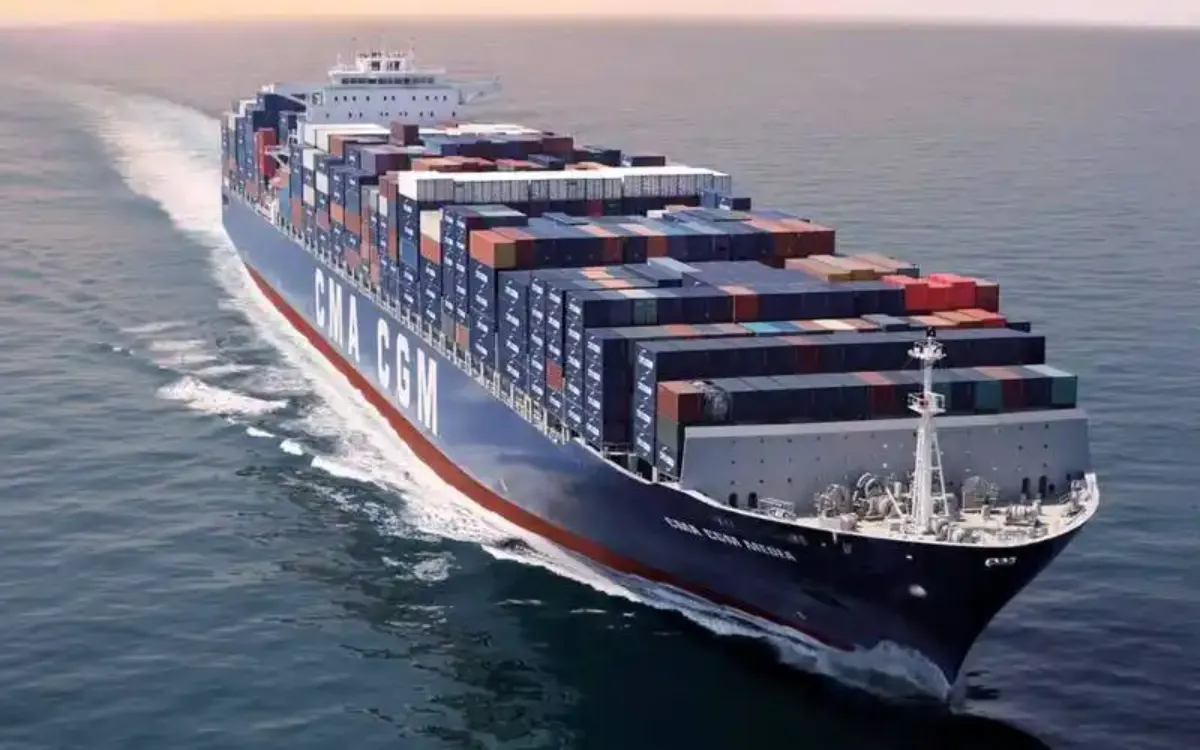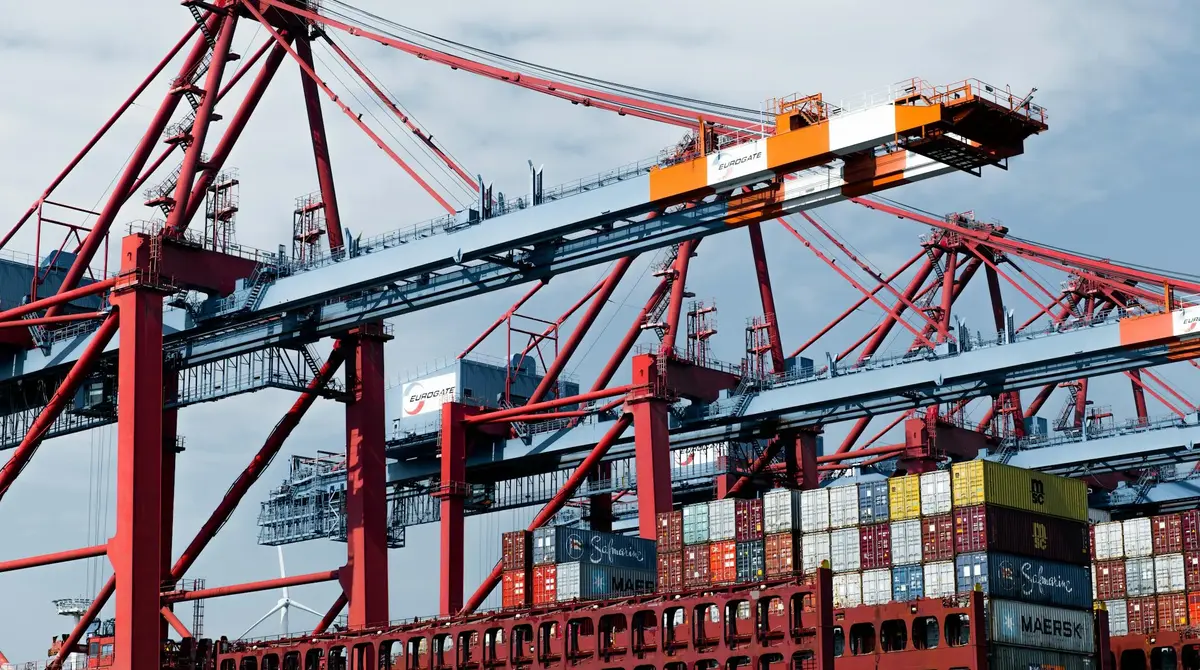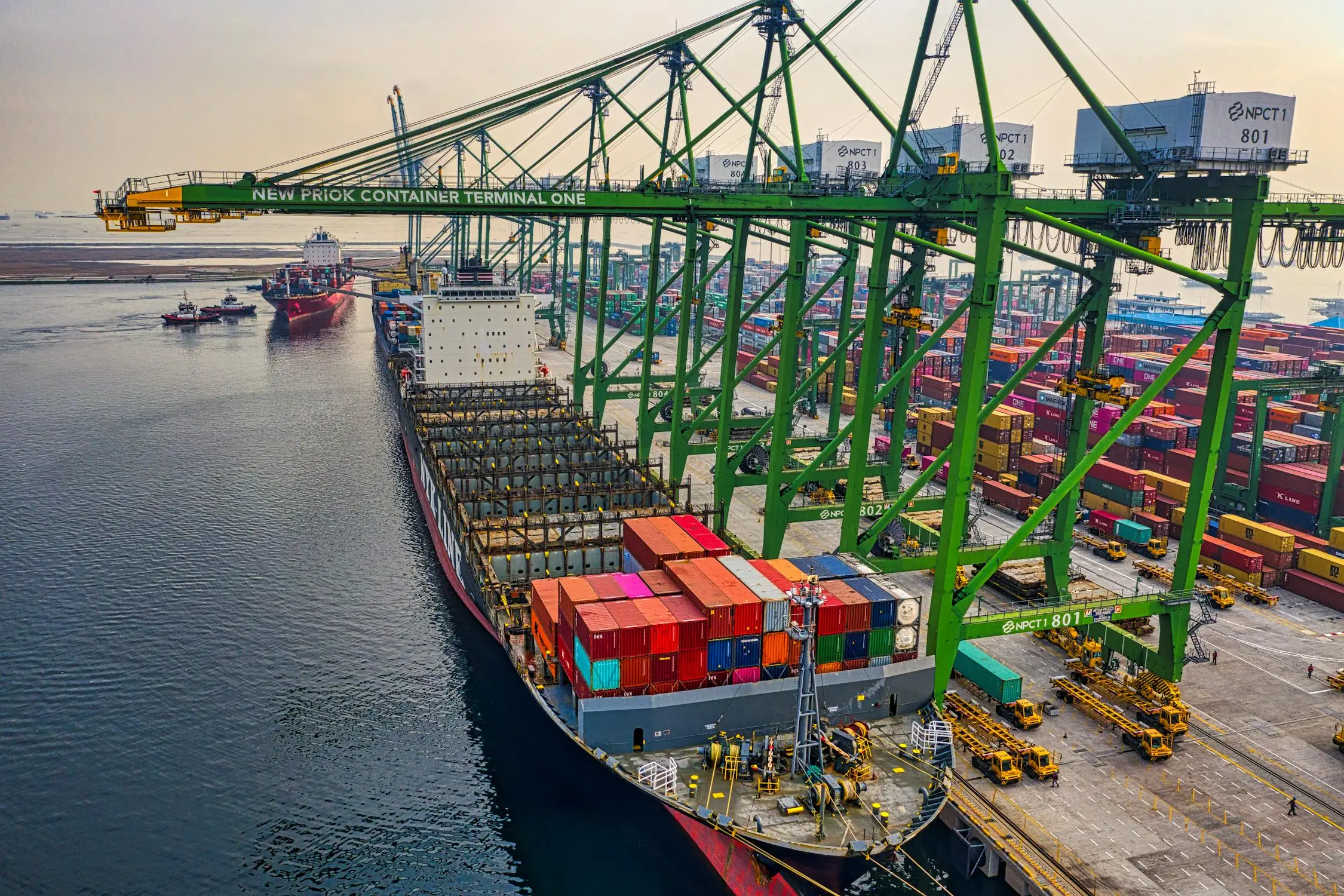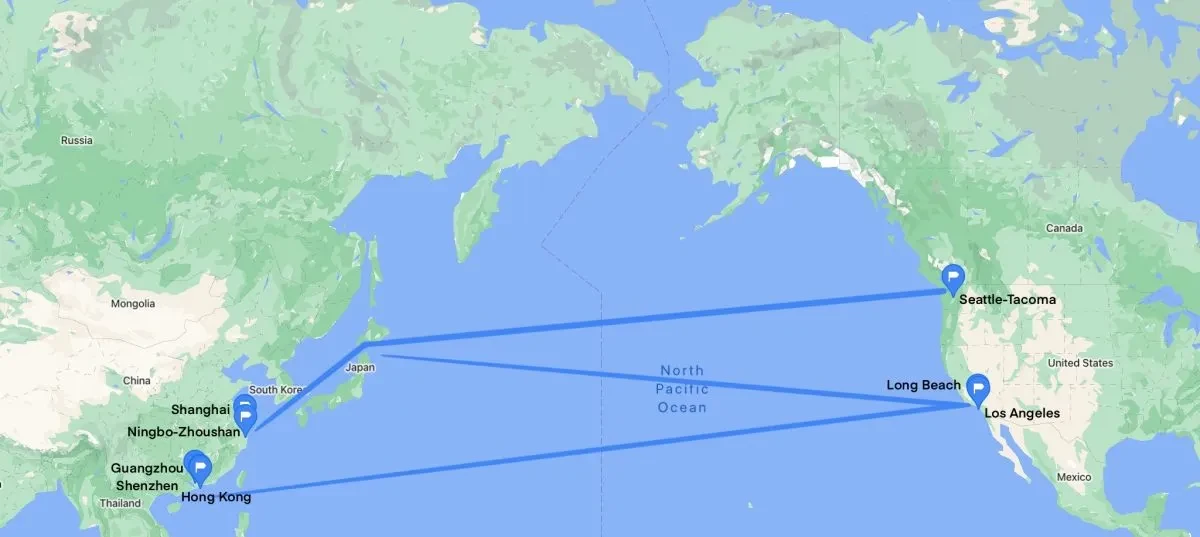
In the vast arena of global trade, sea freight remains the backbone of international commerce, especially for the bustling route between China and the United States. Understanding the intricacies of shipping times along this crucial path is essential for businesses, logistics professionals, and consumers alike. Let's embark on a comprehensive journey to explore the factors, timelines, and nuances of sea freight from China to the USA.
The Maritime Highway: An Overview of China-USA Sea Routes
The sea route from China to the USA is one of the busiest in the world, connecting two economic powerhouses across the vast Pacific Ocean. Before delving into specific timelines, it's crucial to understand the main shipping lanes and ports involved:
Major Chinese Ports
Shanghai
Ningbo-Zhoushan
Shenzhen
Guangzhou
Qingdao
Major US Ports
Los Angeles/Long Beach (West Coast)
New York/New Jersey (East Coast)
Savannah (East Coast)
Seattle/Tacoma (West Coast)
Oakland (West Coast)
Factors Influencing Sea Freight Times
Several key factors can significantly impact the duration of sea freight from China to the USA:
| Factor | Impact on Shipping Time |
|---|---|
| Distance and Route | Directly affects transit time; West Coast ports are generally faster |
| Vessel Speed | Slower speeds for fuel efficiency can extend transit times |
| Port Congestion | Can add days or weeks to overall shipping time |
| Customs Clearance | Typically adds 2-5 days, but can be longer if issues arise |
| Weather Conditions | Severe weather can cause delays or rerouting |
| Transshipment | Additional stops can add 5-7 days to transit time |
Typical Transit Times: China to USA Sea Freight
While transit times can vary based on the factors mentioned above, here's a general overview of expected shipping durations from China to different US coasts:
China to US West Coast
Average Transit Time: 14-20 days
Fastest Route: Shanghai to Los Angeles (14-16 days)
Common Ports: Los Angeles, Long Beach, Oakland, Seattle/Tacoma
China to US East Coast
Average Transit Time: 28-35 days
Fastest Route: Shanghai to New York via Panama Canal (28-30 days)
Common Ports: New York/New Jersey, Savannah, Charleston
Port-to-Port Transit Times
Let's break down the estimated transit times from major Chinese ports to key US destinations:
| Origin Port | Destination Port | Estimated Transit Time |
|---|---|---|
| Shanghai | Los Angeles | 14-16 days |
| Shenzhen | Long Beach | 16-18 days |
| Ningbo | Oakland | 15-17 days |
| Qingdao | Seattle | 17-19 days |
| Guangzhou | New York | 30-32 days |
| Shanghai | Savannah | 32-34 days |
The Journey Across the Pacific: A Step-by-Step Breakdown
To better understand the sea freight process and its timeline, let's break down a typical journey from China to the USA:
Export Haulage (1-2 days): Transportation of goods from the factory to the port of origin in China.
Origin Handling (2-3 days): Custom clearance and loading of cargo onto the vessel.
Ocean Transit (14-35 days): The main sea journey across the Pacific.
Destination Handling (2-5 days): Unloading and customs clearance at the US port.
Import Haulage (1-3 days): Transportation from the port to the final destination within the USA.
FCL vs. LCL: Impact on Shipping Times
The choice between Full Container Load (FCL) and Less than Container Load (LCL) can affect your shipping times:
| Shipping Method | Pros | Cons | Impact on Time |
|---|---|---|---|
| FCL |
|
| Generally 1-5 days faster than LCL |
| LCL |
|
| Can add 5-7 days due to consolidation and deconsolidation |
Seasonal Variations in Sea Freight Times
Sea freight times can fluctuate significantly based on the time of year. Understanding these seasonal patterns is crucial for effective planning:
Peak Season (August to October)
Impact: Longer transit times, higher rates
Reason: Holiday season inventory buildup
Tip: Book shipments well in advance, expect delays of 1-2 weeks
Chinese New Year (January/February)
Impact: Significant delays, reduced capacity
Reason: Factory closures in China
Tip: Plan shipments at least a month in advance, expect delays of 2-3 weeks
Off-Peak Season (March to July)
Impact: More stable transit times, potentially lower rates
Reason: Lower demand
Tip: Good time for less time-sensitive shipments
Technology and Tracking: Keeping Tabs on Your Shipment
Modern technology has revolutionized the ability to track and manage sea freight shipments. Here are some tools and technologies that can help you monitor your China to USA sea freight:
Container Tracking Systems: Most major shipping lines offer online tracking services.
Port Community Systems: Digital platforms that connect various port stakeholders, providing real-time updates.
IoT Devices: Smart containers equipped with sensors can provide real-time data on location, temperature, and more.
Blockchain: Emerging technology for transparent and secure documentation processing.
Case Studies: Real-World Sea Freight Scenarios
Let's examine a couple of real-world scenarios to illustrate the variability in China to USA sea freight times:
Case 1: Electronics Manufacturer
Route: Shenzhen to Los Angeles
Cargo: FCL (40ft container of smartphones)
Expected Transit Time: 16 days
Actual Transit Time: 22 days
Reason for Delay: Port congestion in Los Angeles due to labor disputes
Case 2: Furniture Importer
Route: Shanghai to New York
Cargo: LCL (partial container of wooden furniture)
Expected Transit Time: 32 days
Actual Transit Time: 38 days
Reason for Delay: Transshipment in Singapore and weather-related slowdown in the Panama Canal
Expert Tips for Managing Sea Freight Times
To help you navigate the complexities of China to USA sea freight times, here are some expert tips:
"Consider using a freight forwarder with strong relationships in both China and the USA. Their local knowledge and connections can often help expedite processes and minimize delays." - John Smith, Supply Chain Manager
Looking Ahead: Trends Shaping Future Sea Freight Times
As we look to the future, several trends are likely to impact sea freight times between China and the USA:
Green Shipping Initiatives: Slower vessel speeds for reduced emissions may increase transit times.
Arctic Routes: Opening of northern passages could potentially reduce transit times to East Coast ports.
Automated Ports: Increased efficiency could speed up loading and unloading processes.
Digital Customs: Streamlined paperwork processes could reduce clearance times.
Conclusion: Mastering the Tides of China-USA Sea Freight
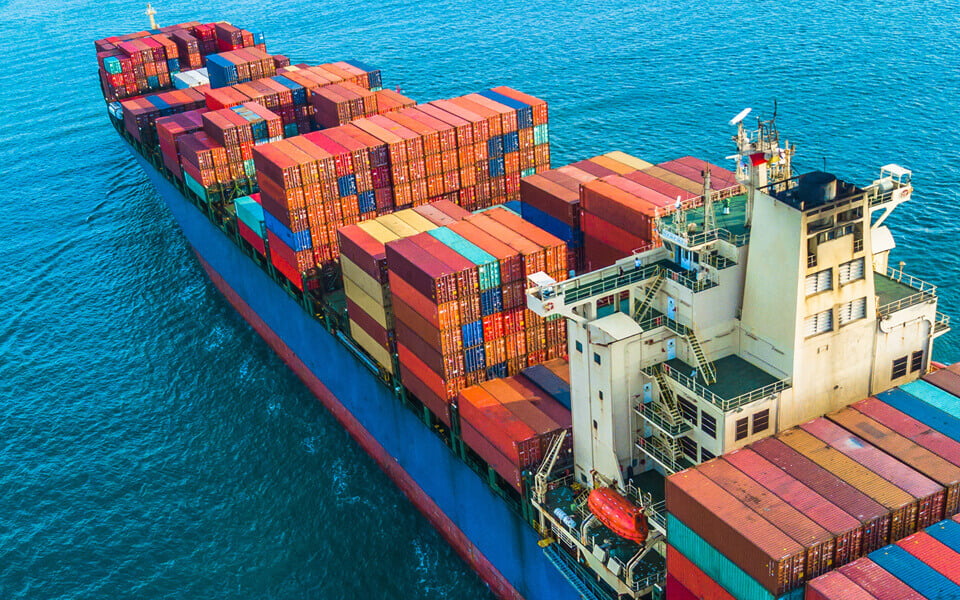
Understanding sea freight times from China to the USA is crucial for effective supply chain management in today's global marketplace. While the journey across the Pacific may seem daunting, with proper planning, leveraging technology, and working with experienced partners, it can be navigated successfully.
Remember that shipping times are influenced by a multitude of factors, from port operations to global events. By staying informed, building in buffers, and adapting to changing conditions, you can optimize your sea freight strategy and turn potential challenges into competitive advantages.
Whether you're a seasoned importer or new to transpacific trade, continuous learning and adaptation are key. As you plan your next shipment from China to the USA, armed with the insights from this guide, you're better equipped to set realistic expectations and make informed decisions. Here's to smooth sailing on your next transpacific journey!
 Easy Shipping From Global, Save Cost
Easy Shipping From Global, Save Cost

